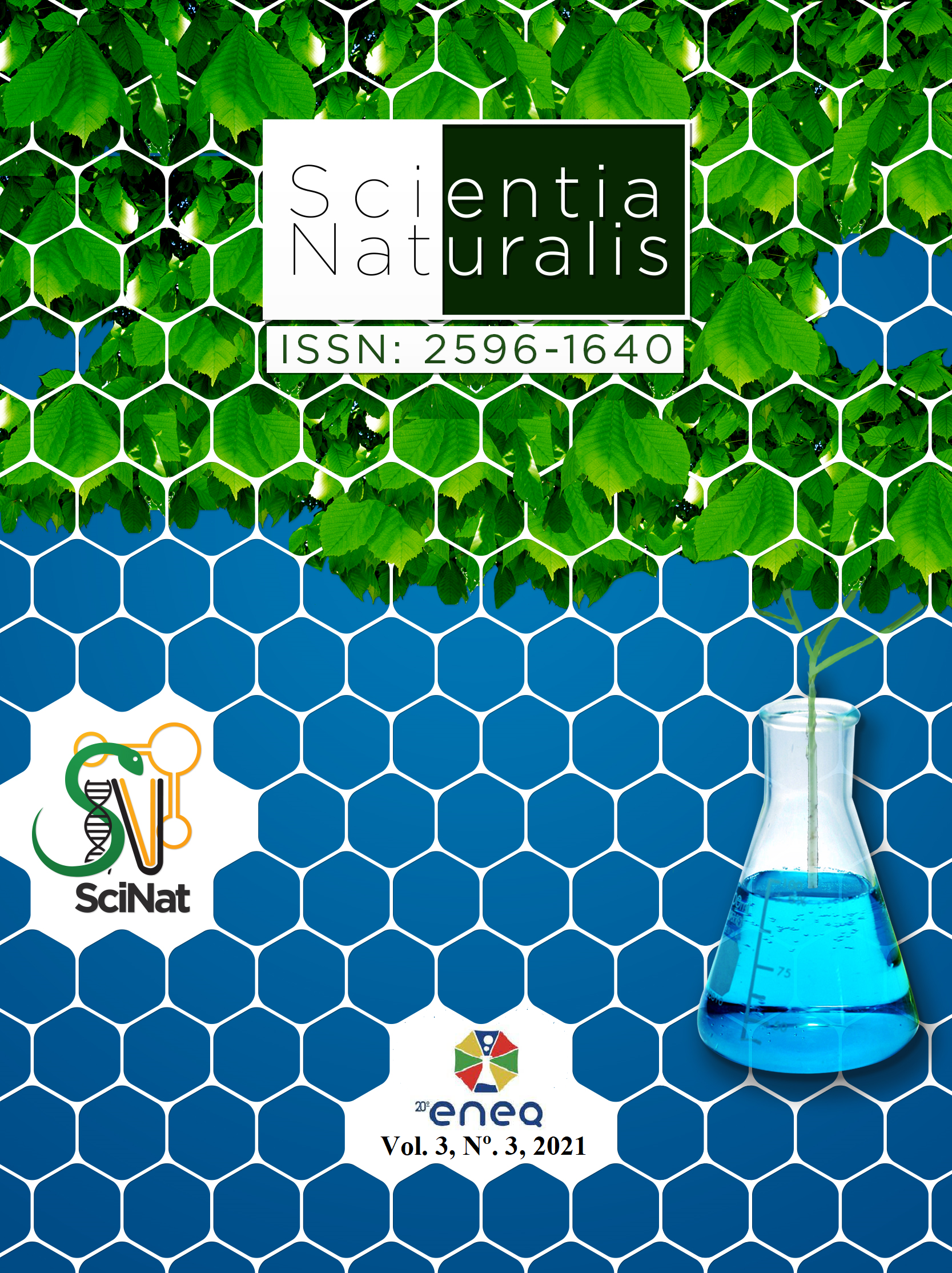Alternative conceptions: understanding its importance to teaching chemistry
DOI:
https://doi.org/10.29327/269504.3.3-18Abstract
Since the dawn of civilization, human beings have built informal conceptions about the experiences they experience, as they shape the way of understanding/learning about the world around them. In this perspective, the objective of this work was to understand the importance of alternative conceptions in the construction of students' formal knowledge about colligative properties of solutions. For this, a descriptive case study, with a qualitative approach, was carried out, whose data were collected through two questionnaires applied to students from a class of the 2nd year of high school. The analysis showed that these conceptions depend on external agents, that there is difficulty in the basic subject for understanding the colligative properties and that there is resistance to reformulating these conceptions to become scientific. Finally, the social environment influences the teaching learning process, as the student has prior knowledge, which should be considered in the teaching didactic planning.




